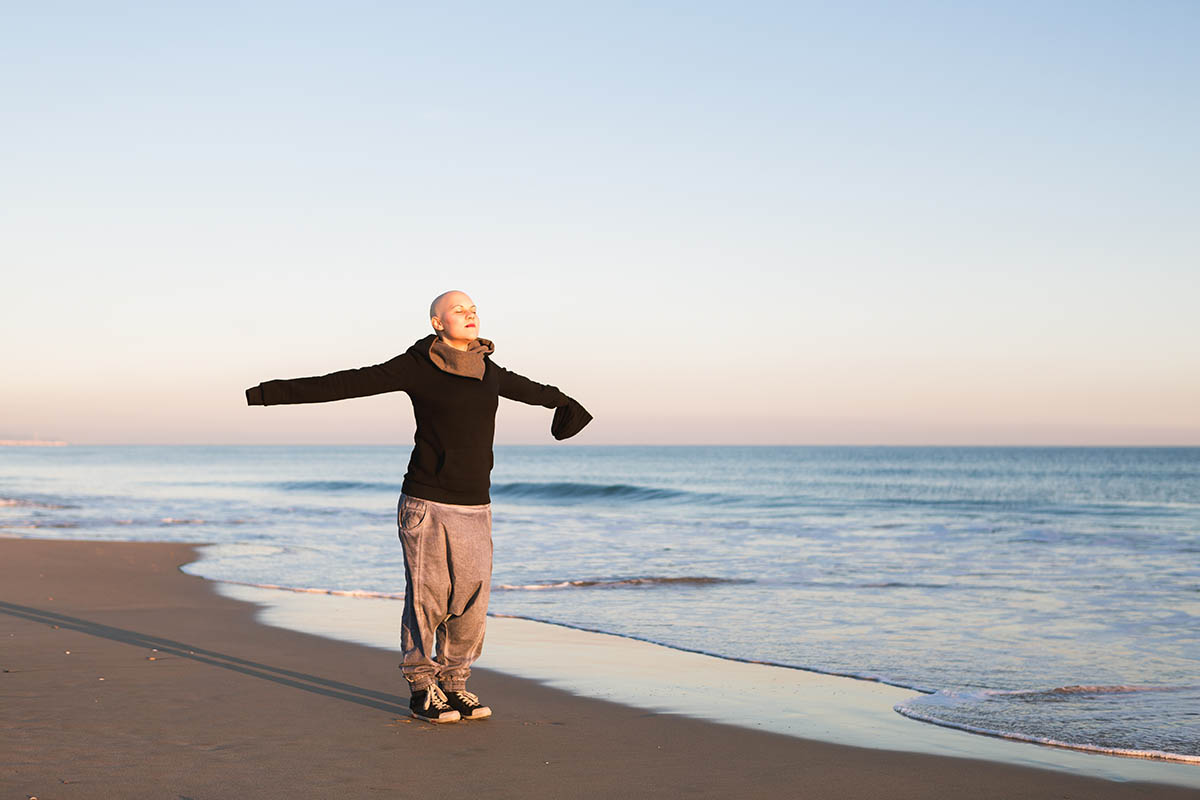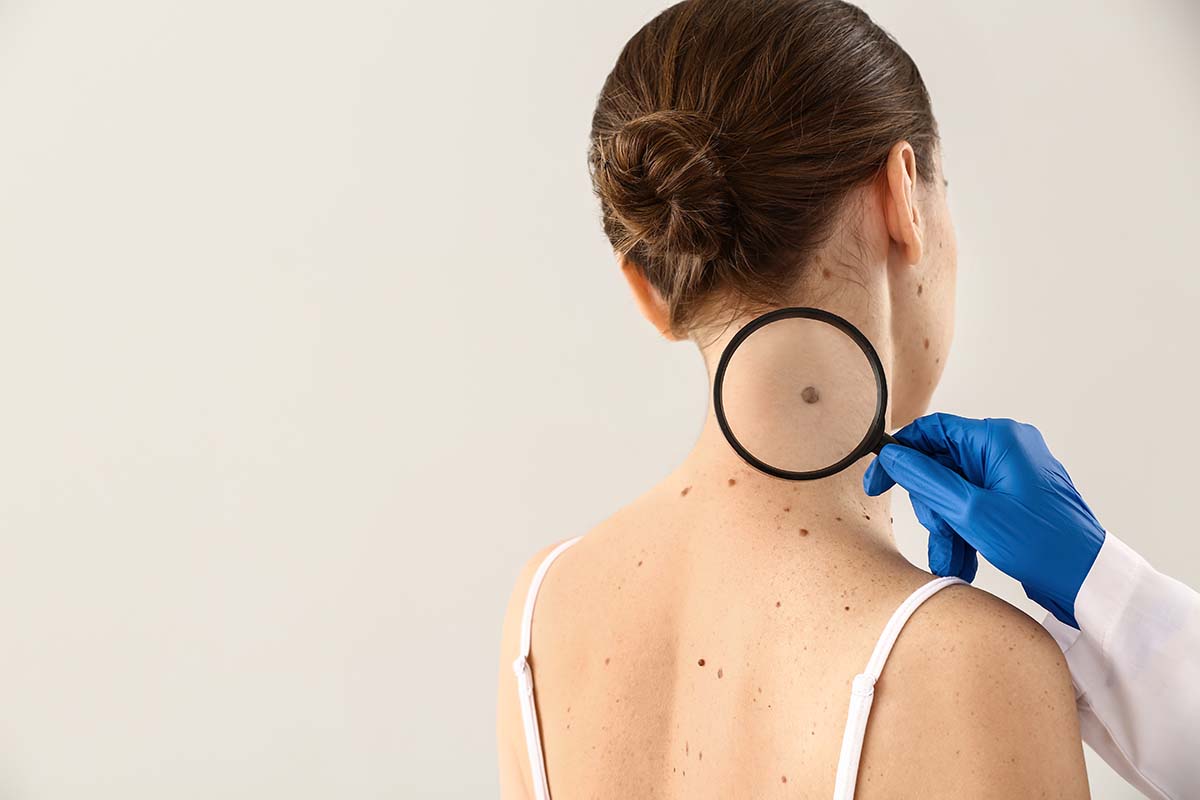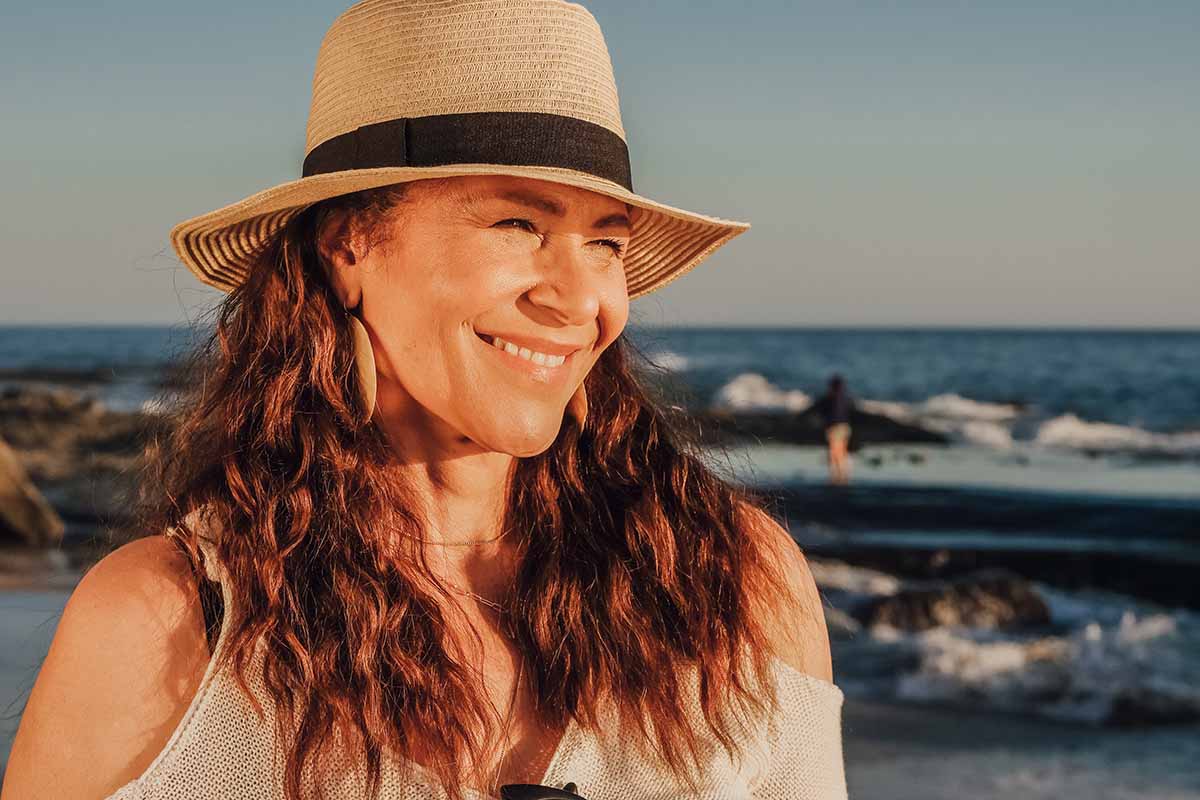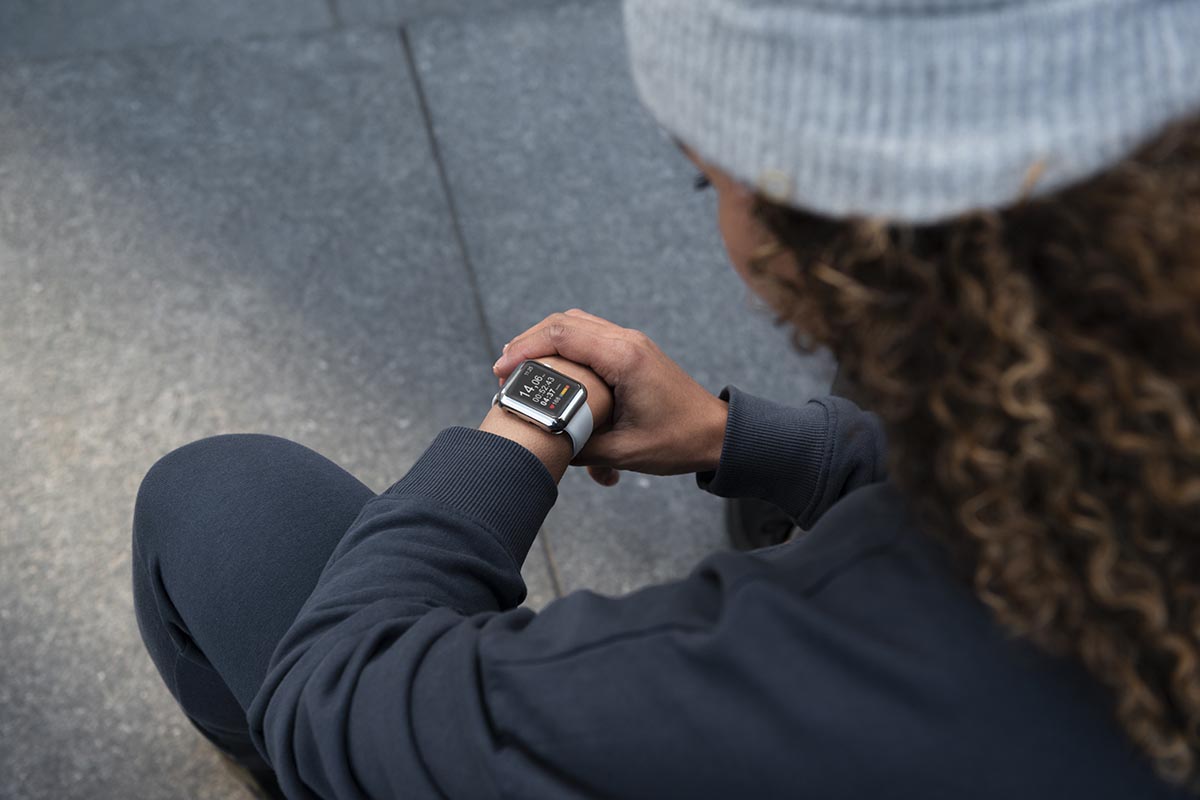5 Things That Increase Your Cancer Risk
You’ve probably heard of the ‘cancer triangle’—the combination of tobacco, diet, and sun exposure that can increase your risk of developing cancer. But did you know other factors can increase your risk as well?
A lot of misinformation circulates online, and most people do not realize how ordinary things they have taken for granted or exposed to can affect their health tremendously. Even worse, some big companies take advantage of this ignorance and indirectly harm communities with their operations.
As a result, organizations such as 911 lawyers are here to help you. They are dedicated to getting you the financial compensation you deserve when you’ve been exposed to factors that increase your cancer risks due to the negligence of others. These are external factors outside your control.
In this article, five different things have been listed that increase your chances of developing cancer. Read on to learn more about them.
Tobacco
Tobacco is the leading cause of cancer worldwide, responsible for nearly half a million deaths yearly. Unfortunately, Hollywood and the mass media still popularize using it, much to the chagrin of anti-smoking campaigns. The ban on tobacco advertisements on television helped, but as long as famous movie characters are smoking, some do the same.
Smoking cigarettes makes you more likely to develop cancer than someone who does not use these products. Smoking is the leading cause of lung, oral, and esophageal cancers (the swallowing tube between your throat and stomach). Surprisingly enough, it can also increase your risk of contracting squamous cell carcinoma (SCC), a type of skin cancer.
So to lessen your risks of developing cancer, you must avoid smoking tobacco cigarettes.
Ultraviolet Radiation 
Ultraviolet radiation is a known carcinogen. It’s what causes skin and eye cancer, as well as cancers of the mouth, throat, lungs, and esophagus. The most common ways to get UV exposure are from outdoor activities like prolonged sports or gardening, but those aren’t the only ones that can increase your risk of cancer.
You can protect yourself from UV damage when you wear sunscreen on your skin with a sun protection factor (SPF) of 15 or higher. Also, when doing gardening outside, you can wear a wide brim hat to shade your face, ears, neck, and head.
Infections
You’ve probably heard of the human papillomavirus (HPV) and its connection to cervical cancer. That’s an example of an infection that can cause cancer, but it’s not the only one. Some viruses are more likely than others to cause certain types of cancers. For example, the Kaposi sarcoma-associated herpesvirus (KSHV) causes Kaposi’s sarcoma and some lymphomas.
The Epstein-Barr virus causes Burkitt lymphoma, and hepatitis B can lead to hepatocellular carcinoma (liver cancer). Also, helicobacter pylori bacteria might cause stomach cancer. Cytomegalovirus (CMV) is linked with chronic inflammation in people with weak immune systems or AIDS. It may be why people with AIDS have an increased risk of certain other cancers, like non-Hodgkin’s lymphoma or Hodgkin’s lymphoma.
Obesity and Inactivity
Obesity and inactivity are two issues that can increase your cancer risk. Good habits like exercise, getting enough sleep, eating healthy foods, and drinking alcohol in moderation can help you lower this risk.
Obesity
Being overweight or obese increases your chances of developing cancers of the breast, colon, rectum, endometrium (lining of the uterus), esophagus (the tube that carries food to the stomach), kidney, pancreas, liver, and gallbladder. If you’re overweight or obese, it’s vital to eat a balanced diet full of fruits, vegetables, whole grains, and other plant-based foods with low amounts of red meat as part of a healthy lifestyle.
Lack Of Exercise
Even moderate physical activity decreases the risk for certain cancers by at least 30%. The recommendations from doctors’ groups include 30 minutes per day on most days if possible; it doesn’t have to be done all at once — 10 minutes here during a lunch break and 20 minutes later at home before dinner will still add up.
Lack Of Sleep
Sleep is vital for everyone, especially cancer survivors, because medications for cancer treatment disrupt standard sleeping patterns, affecting recovery time after surgery or treatment.
Genetics And Family History
While you can’t always predict what kind of cancer you may get, your genetics can influence your risk. Genetic testing can tell you if you’re at higher risk for one type of cancer than another, and genetic counseling helps guide people through making decisions based on their test results. Some people with a family history of cancer may want to consider genetic counseling to assess their risk levels.
If you have a family member diagnosed with a type of cancer with no known cause, you might wonder whether this disease can run in your family too.
While many cancers affect millions worldwide yearly, certain types are more common than others when inheriting genetically from parents or siblings.
Conclusion
You can reduce your risk of cancer by doing some simple things. Stop smoking, get regular exercise, watch your weight, reduce exposure to UV radiation—especially avoid tanning beds, and avoid exposure to chemicals found in everyday products such as cosmetics, fragrances, cleaning products, flame retardants, and pesticides.
The determining factor for most of these risks is how you choose to live and choose well.




















